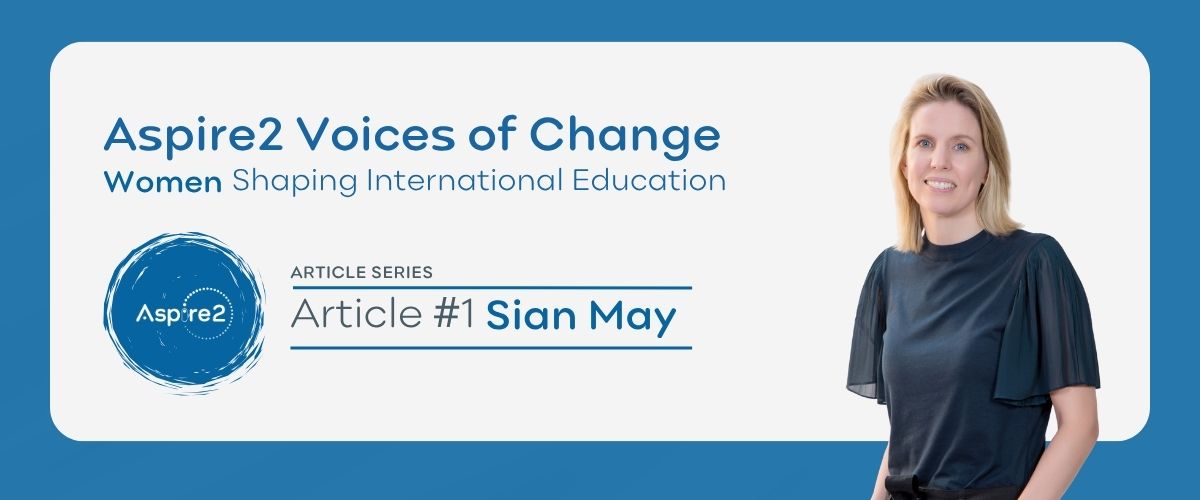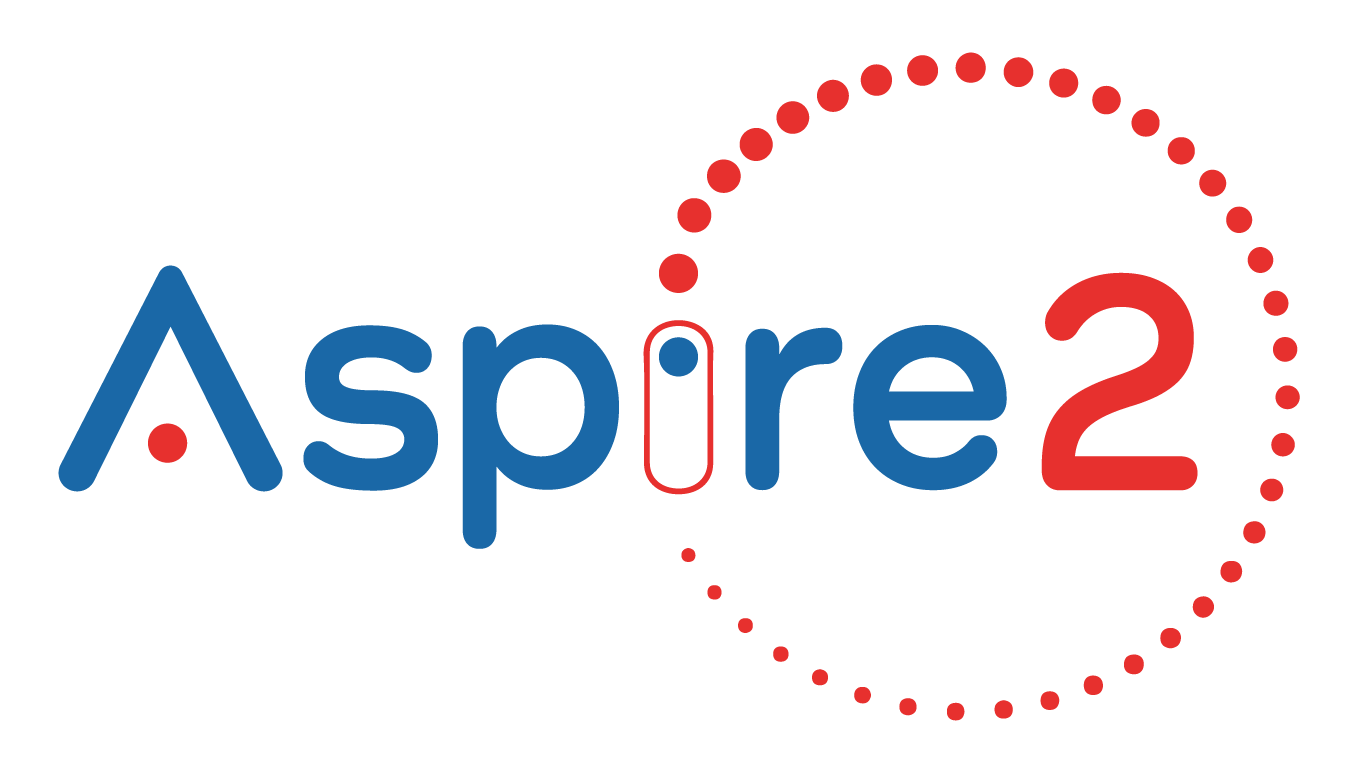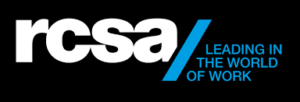
Aspire2 Article Series: Voices of Change, Women Shaping International Education
Article #1 – Sian May, Head of School, Kuala Lumpur
Education is evolving at a pace never seen before. Rapid advances in technology, the pressures of climate change, and the growing need for mental health support mean today’s students and their schools face unprecedented complexity. Aspire2’s Voices of Change series shines a light on the women stepping forward to meet these challenges, partnering with communities to create learning experiences that prepare students to thrive in uncertainty and navigate a connected, unpredictable world.
In this latest conversation, education leader Sian May, reflects on the human stories that fuel her purpose, the networks that sustain her, and the powerful influence women leaders have on the future of global schooling. From fostering instructional excellence to inspiring the next generation of girls in STEM, Sian shows how values-driven leadership can reshape education and open doors for those who follow.
What inspired you, as a woman, to take the step into educational leadership?
As educators, we have an opportunity to partner with communities to design and deliver a cohesive learning experience that intentionally grows students who embrace uncertainty, navigate complexity and are confident in a range of competencies. What is not debatable is that we are experiencing the rapid growth and influence of new technologies on all our communities, offering new and creative solutions to existing challenges and introducing new ones. These advances, alongside the challenges of polycrisis e.g. climate change, a globally connected financial world and the increasing need for support with mental health. These tangible complexities are the realities that face our students and our school. I believe we all have a role to play in ensuring that this happens. This challenge inspired me to step forward.
What achievements in your leadership journey make you most proud?
In leadership, the moments that matter most all have profound human impacts, whether it is a student story in the face of adversity, a team member who grew professionally and personally or sharing a scholarship celebration with a proud family. Fundamentally, it is the individual stories that bring the journey to life and provide the why and the fuel to keep leaders going.
What challenges have you faced as a woman leader, and how have you navigated them?
I have thoroughly enjoyed my career and had many great mentors and continue to do so. I believe the key is always to have a strong network of good people around you who will help you grow. I have always found that navigating challenges which may have occurred through bias or stereotype has been part of the journey, I have tried to embrace this rather than simply reject it. I believe the key is to be consistent, know yourself, your own strengths and not be easily knocked off course. Women leaders are a diverse group, and I believe that they bring a diverse range of approaches to the roles.
However, women leaders can and are creating supportive organisations for other women leaders who may encounter gender bias and stereotypes that can undermine their authority and effectiveness. Many women leaders among these trusting circles do discuss the “double bind” dilemma, where women are expected to be nurturing and collaborative, but if they display traditionally “masculine” leadership traits like assertiveness, they may be labelled as aggressive or unlikable. The support network then becomes absolutely key.
How do you feel women leaders are influencing the future of international schools today?
Women leaders have wide-ranging influences just as any other group of leaders, so it is important not to perpetuate stereotypes but interestingly, the research does indicate certain trends. One trend that does come to the fore is a greater focus on instructional leadership, leading to positive impacts for student learning experiences and outcomes. The other, perhaps not surprisingly, is the impact on gender role modelling for female students. This can lead to higher numbers of female students engaging in traditionally male specialist areas such as STEM.
What message or advice would you share with the next generation of women aspiring to lead in education?
Keep learning, keep creating networks and surround yourselves with colleagues who enjoy the same empowering activities.
Educational leadership is moving all the time and it needs values-driven committed leaders.



